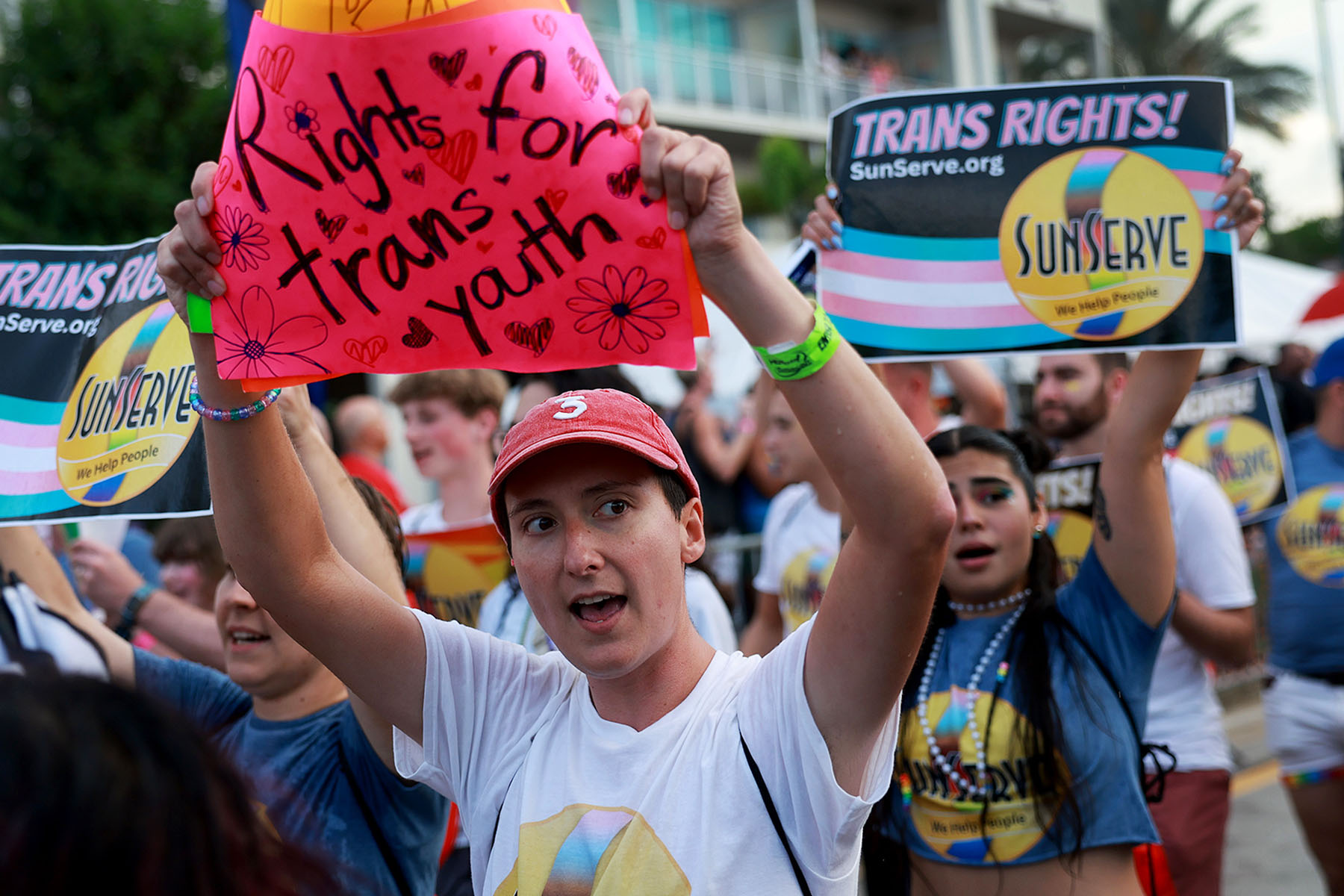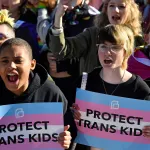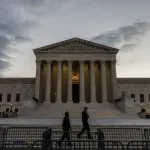Florida can enforce its law banning gender-affirming care for minors and restrictions on adults pending appeal of a federal court ruling that the ban is unconstitutional.
A three-judge panel of the U.S. Court of Appeals for the Eleventh Circuit sided with Florida in allowing the state’s ban on hormone replacement therapy for minors and limits on what kind of providers can administer hormones to adults.
The court also ordered expedited proceedings in the appeal.
The order reverses a July ruling by U.S. District Judge Robert Hinkle in Tallahassee, in which he reaffirmed his block on the ban while the case went through appeals. Parents of transgender children and trans adults brought the case in 2023 after the Florida Legislature passed SB 254.
In an unsigned opinion, the appellate court ruled, 2-1, that the defendants, including Florida Surgeon General Joseph Ladapo and the Florida Board of Medicine, are likely to succeed in the appeal.
“The district court likely misapplied the presumption that the legislature acted in good faith when it concluded that the prohibition and regulation provisions, and the implementing rules, were based on invidious discrimination against transgender minors and adults,” the majority, comprising judges Britt Grant and Robert Luck, concludes. Former president Donald Trump appointed both judges.
Judge Charles Wilson dissented, arguing against government interference in private medical decisions.
“On balance, evidence in the record demonstrates that the plaintiffs and class-members would suffer if the stay were granted — withholding access to gender-affirming care would cause needless suffering,” Wilson wrote.
“In contrast, denying the stay would support a ruling grounded in the public interest. This matter is a medical issue, where patients are best left to make decisions alongside health professionals, with access to complete, unbiased information, as needed.”
The decision comes as a blow to clinics in the state that had resumed their hormone replacement therapy services, such as 26Health in Orlando, following Hinkle’s strike of SB 254, as well as their patients.
Weighing harm
But the appellate court concluded that the harm Florida would suffer from inability to enact the will of the Legislature to “avoid irreversible health risks to its children” is greater than the harm caused to transgender Floridians.
“As to harm to others, even with the law in effect, physicians may continue to prescribe and administer puberty blockers and hormones to adults. And minors who were already receiving them may continue to do so,” Grant and Luck wrote.
Shannon Minter, legal director for the National Center for Lesbian Rights (NCLR), one of the human rights organizations litigating the case, said the order was disappointing and called SB 254 a “textbook example of a law that is based on bias.”
“I think it is very wrong. It’s a divided panel, two to one. I think the two-judge majority just disregarded the district court’s very thorough, very careful factual findings,” Minter said during a telephone interview with Florida Phoenix.
The tone of the appellate court’s order is starkly different from Hinkle’s rebuke of the 2023 law. In June, Hinkle ruled that SB 254 targeted transgender people and compared the discrimination transgender people face nowadays to racism and misogyny.
During a press conference in June, Gov. Ron DeSantis predicted that Hinkle’s decision would be overruled.
“This will be reversed, there’s no question this will be reversed,” DeSantis said at that time. He referred to a ruling by the Eleventh Circuit in favor of an Alabama law banning genital surgeries on minors, which are not contested in the Florida suit.
From the Collection





